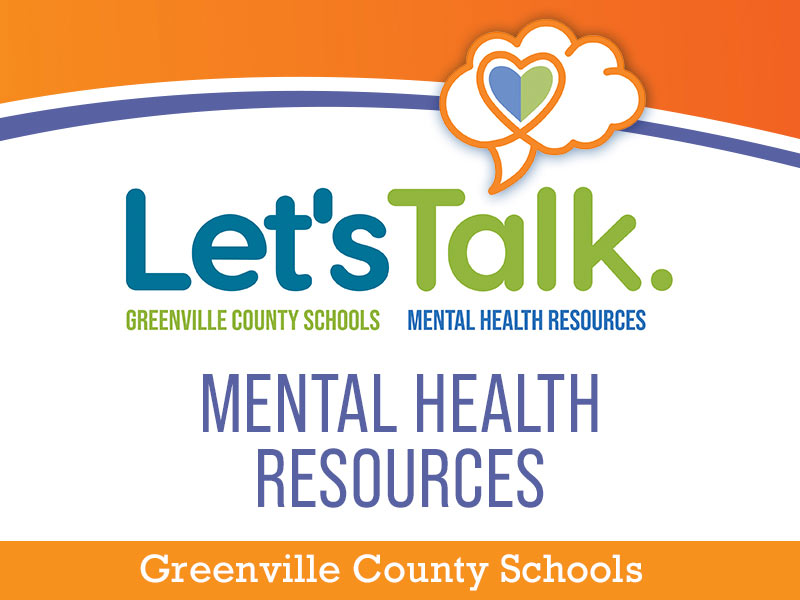Sterling Parents
Parents are highly involved at Sterling School. Whether serving on the PTA Board or the School Improvement Council or volunteering to make copies, tutor students, and/or help with clubs and after school programs, our Sterling students and staff depend on parental support as an integral part of our school environment and success. Parents, teachers, and administrators at Sterling School work cooperatively and share the responsibility to provide advanced learning opportunities at school and at home teaching students to communicate effectively, solve problems competently, think critically and creatively, and act responsibly as our future leaders.
Also, please ensure that we have your updated contact information.
Student Support
Uncertain of who to contact or the many services we provide?
In our ongoing commitment to the #WholeChild, Sterling School strives to meet the varying needs of each child. To bring greater awareness of the many supports we provide, we have created the Sterling School Student Support Brochure.
Also, you may visit GCSD Social Emotional Learning resource page.
Bullying

Visit our School Counseling Department page or Greenville County School District webpage.
Title IX/Sexual Harassment
Title IX of the Educational Amendments of 1972
Gifted Learners
Resources for Gifted and Talented Education
SC State Department of Education Resources & Information
Davidson Institute for Talent Development
National Association for Gifted Children
The National Research Center on the Gifted and Talented (NRC/GT)
NEAG Center for Gifted Education and Talent Development
Uniquely Gifted - Resources for gifted students with special needs
Duke University Talent Identification Program (Duke TIP)
Hoagie's Gifted Education Page
Supporting Emotional Needs of the Gifted (SENG)
Technology
Acceptable Use Policy
(AUP) - Cell phones, tablets - Siri, Skype - technology is ever-present in the lives of our students. While exposure and experience levels may vary, 21st-century learners will need lifelong skills in information, media and digital literacies. Educators help students develop competencies that combine technology with critical thinking, complex problem solving, collaboration, and effective communication skills in all content areas. Students and employees are expected to use electronic technologies to further the district’s educational mission, goals and strategic direction.
Learn More About...
Family Educational Rights and Privacy Act (FERPA)
Family Educational Rights and Privacy Act - Protects the privacy of student education records. The law applies to all schools that receive funds under an applicable program of the U.S. Department of Education.
Children’s Online Privacy Protection Act (COPPA)
Children’s Online Privacy Protection Act of 1998 - Regulates the collection and use of children’s information by commercial website operators.
Children's Internet Protection Act (CIPA)
CIPA imposes certain requirements on schools or libraries that receive discounts for Internet access or internal connections through the E-rate program.
Sterling School makes a good faith effort to protect its students from exposure to Internet materials that are harmful or explicit. In adherence to the Child Internet Protection Act (CIPA), the district utilizes filtering software on all school equipment with Internet access. Educational staff will, to the best of their ability, monitor minors' use of the Internet in school, and will take reasonable measures to prevent access by minors to inappropriate material on the Internet.
Student Email Accounts - Students in grades K4 through 12 have access to school email accounts and instructional technology through G Suite for Education (formerly known as Google Apps for Education or GAFE). These tools provide a common platform where students are able to practice educational inquiry, writing styles/formats selected for purpose and audience, and collaborative activities. Student instruction in accessing and utilizing school email accounts, Google cloud-based storage and G Suite for Education (formally known as Google Apps for Education or GAFE) tools begins in grade 3 as teachers integrate technology into the curriculum. Technology instruction includes digital skills and literacies.


